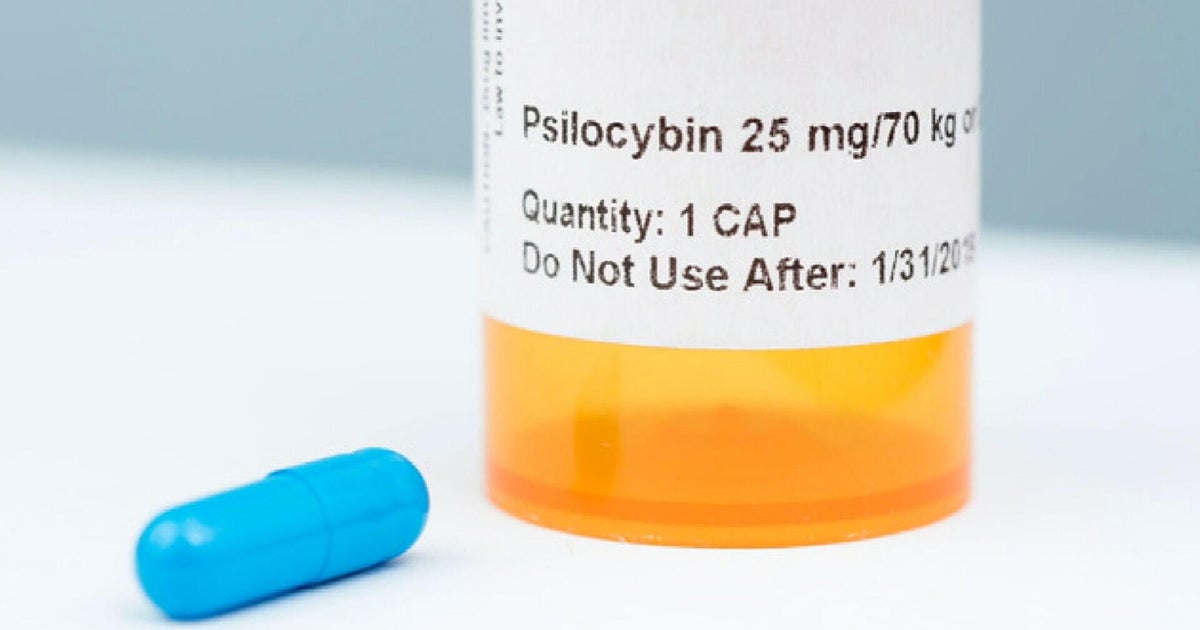Questions over risks of Philip Morris's smoke-free tobacco device IQOS
Regulators from the Food and Drug Administration on Wednesday will consider a potentially safer alternative to cigarettes. Philip Morris International, the maker of Marlboro and other top brands, wants the FDA to approve a new tobacco device called IQOS. The company says the pen-like product creates an aerosol that's less toxic than cigarette smoke and poses less risk of disease.
Unlike an e-cigarette, which uses a liquid containing nicotine, IQOS uses sticks of real tobacco, warming it to below the temperature that produces smoke. That, according to Philip Morris, can save lives but critics worry the primary goal is profit, as traditional cigarette sales dry up.
Philip Morris International and its U.S. partner Altria did not accept CBS News' request for an interview or a demonstration of IQOS. So instead, CBS News' Tony Dokoupil went to Toronto to experience the sales process himself.
Not far from Niagara Falls, on a hip street in Toronto, Philip Morris is building what it says is the future of tobacco: an IQOS boutique. Many of these boutiques are now open in about 30 countries, where the company promises to quit traditional cigarettes and sell IQOS instead.
Over the sound of a noisy espresso machine is the sound of IQOS pitched as a cleaner alternative to traditional cigarettes.
In a statement to "CBS This Morning," Philip Morris International said: "Our goal is to convert every adult smoker who would otherwise keep smoking, to smoke-free products such as IQOS. We are also clear that IQOS is not risk-free."
What Philip Morris does argues in its FDA application is that if smokers converted to IQOS it would "significantly reduce harm and the risk of tobacco-related disease."
"Nicotine is what gets people hooked," said University of Southern California professor Adam Leventhal.
Leventhal is an expert on smoking and public health and worries IQOS might actually drive people back to cigarettes.
"What concerns me, I think, is that this looks like a cigarette. It reminds you of a cigarette," Leventhal said. "And we know if you get reminded of cigarettes and you're trying to quit, it's a high-risk situation, it makes you want to go back to smoking."
The American Cancer Society cautions that most of the research on IQOS has been funded by Philip Morris. A recent independent review concluded that "the physical effects on users are...not yet known."
In terms of safety, Leventhal said the heat-not-burn products fall somewhere between an e-cigarette, on the safer end, and real cigarettes.
Philip Morris says it welcomes "independent studies, and encourage(s) third parties to conduct their own research on smoke-free products and to verify our science."
Some American smokers, like Indiana resident Amy Lane, aren't waiting for the FDA to rule on IQOS.
"What I knew back then in 2013 was that tobacco-combusted cigarettes were absolutely going to kill me," Lane said.
After smoking for 22 years, she's now a seller of e-cigarettes and a smoke-free advocate who makes special trips to London to get IQOS for personal use.
"So when you ask about, well what happens with Philip Morris?...You know, they've lied in the past. Of course they have," Lane said. "But what happens to my body, how I feel compared to when I was smoking combustible cigarettes. There is no question that I feel 100 percent better."
The FDA's preliminary review of IQOS found fewer harmful chemicals but incomplete information regarding tobacco-related disease. Philip Morris has two separate applications before the FDA. Wednesday's issue involves whether IQOS can be marketed as a reduced-harm product. The other is approval for basic sales, which analysts say could come as soon as next month.






